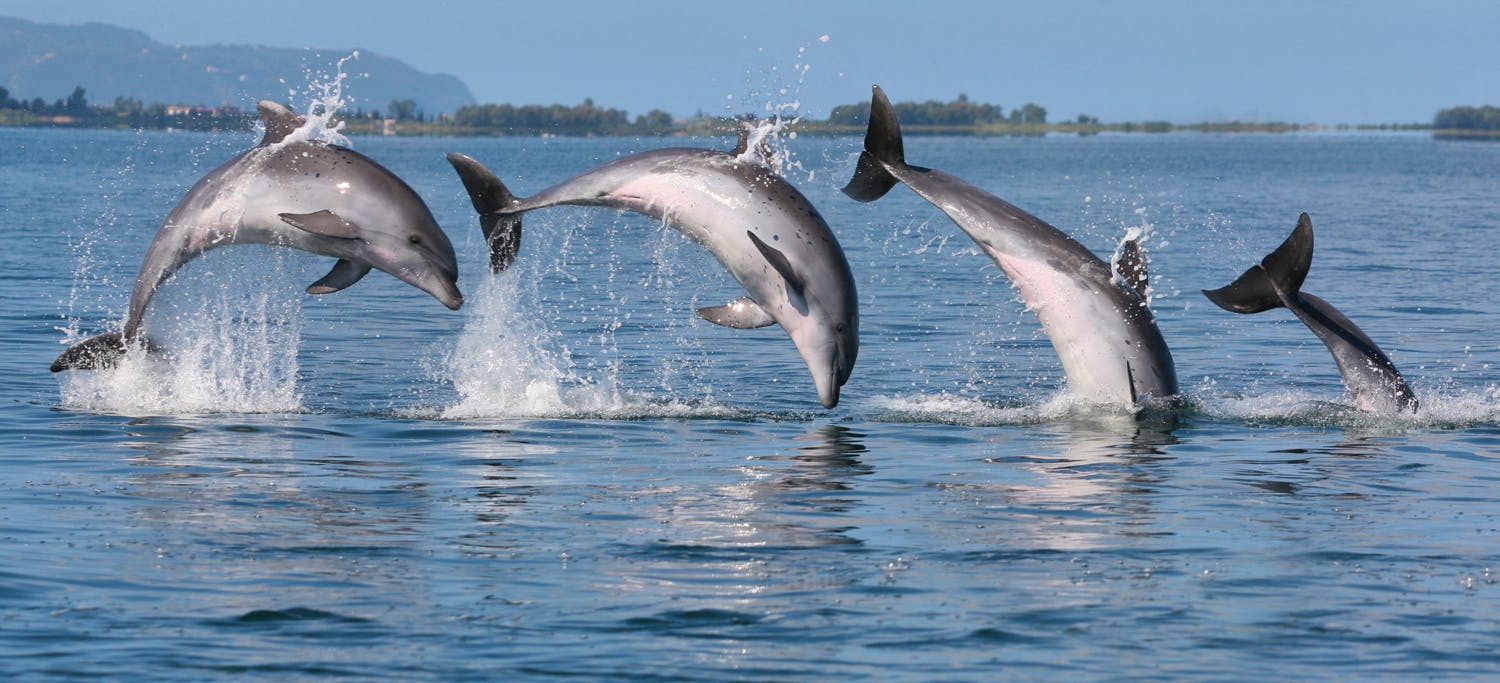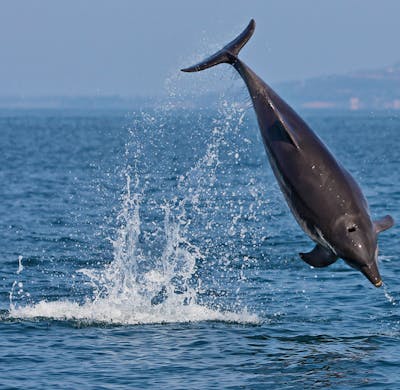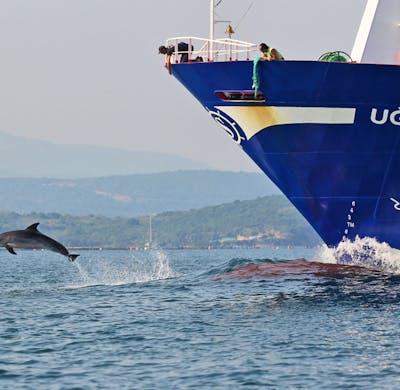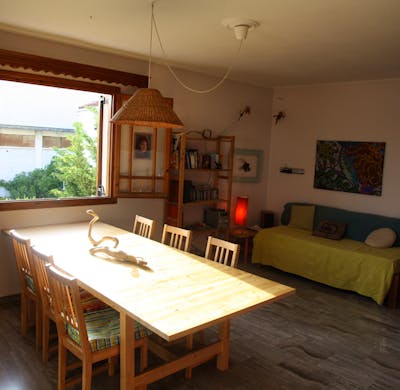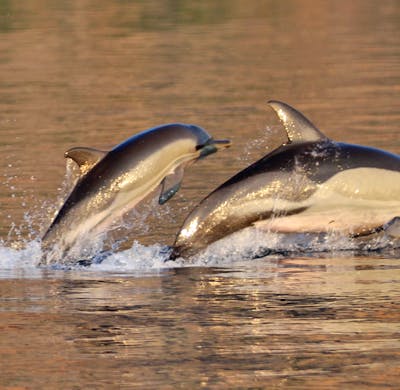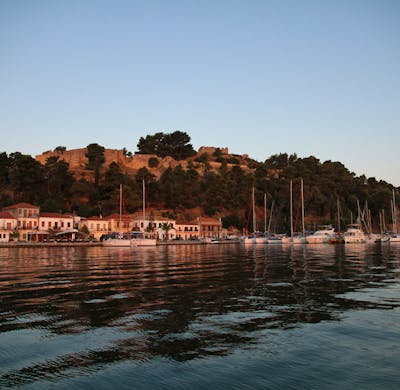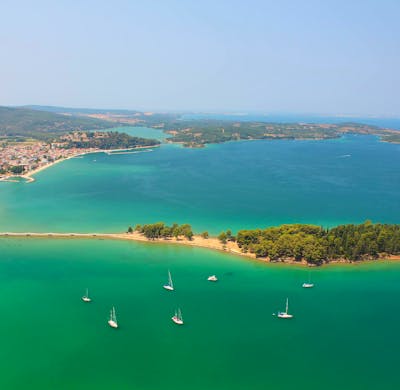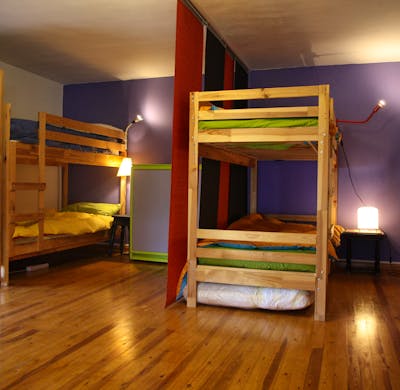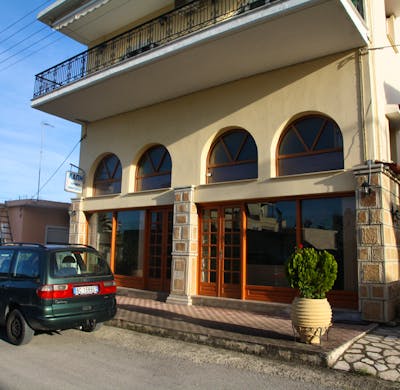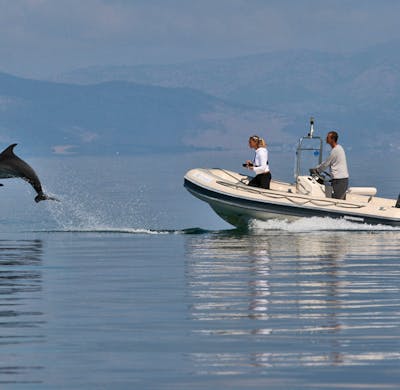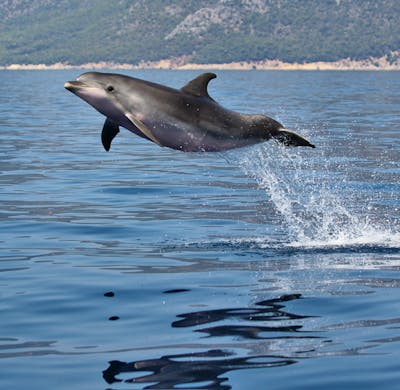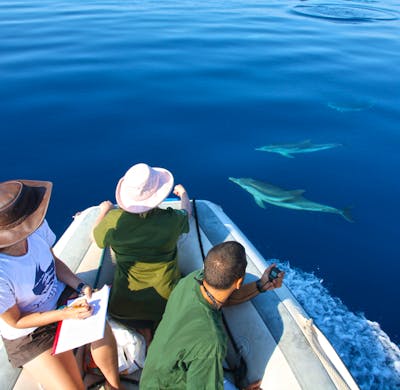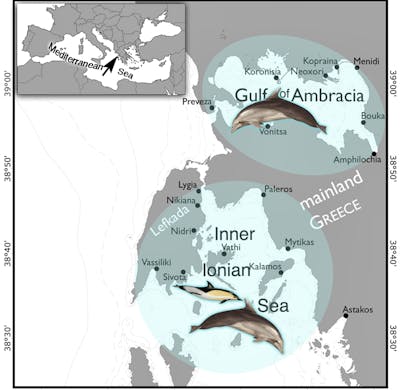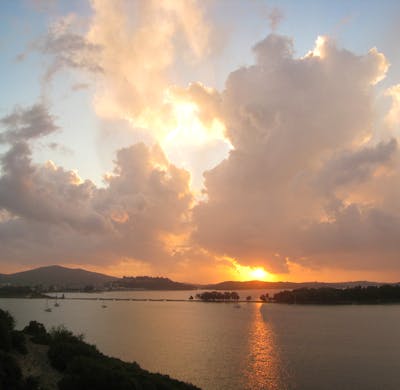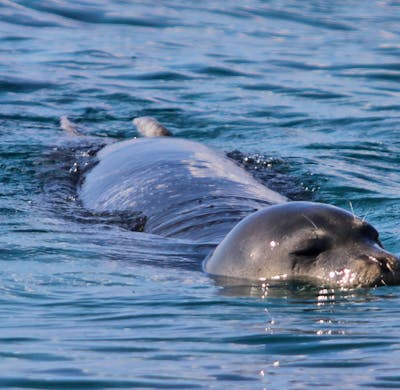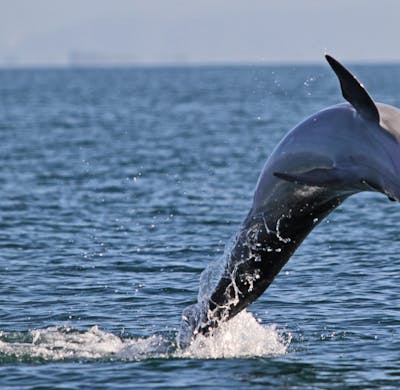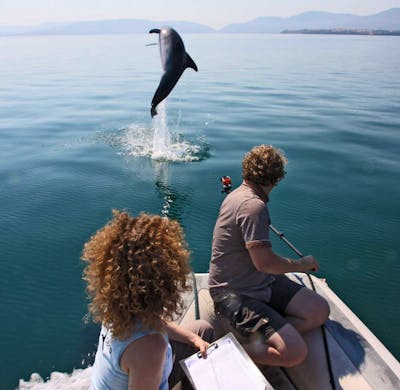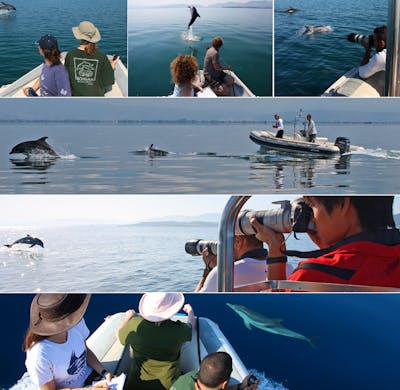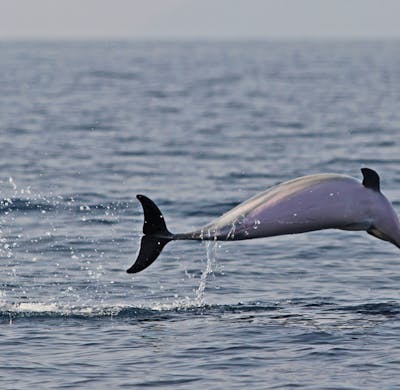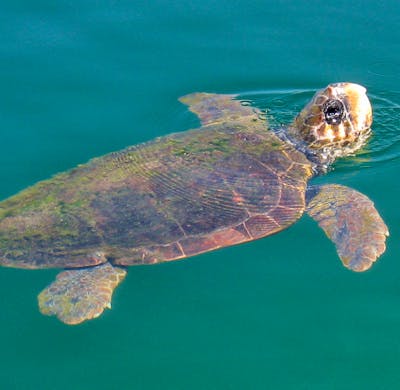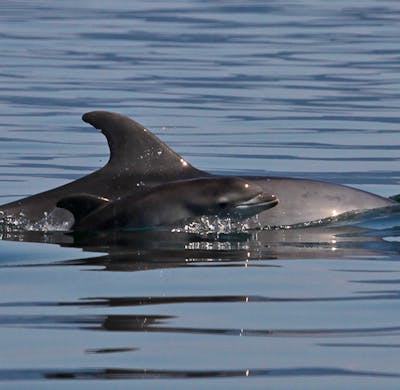2017 at Coastal Dolphin Conservation
from 960€
Coastal Dolphin Conservation
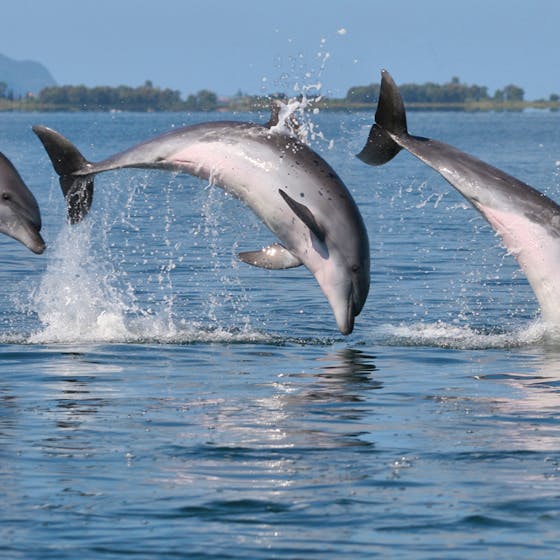
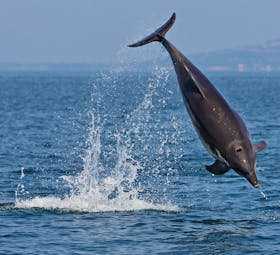
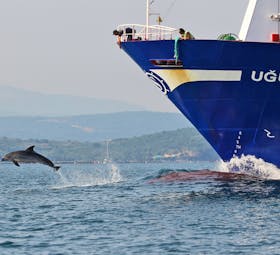
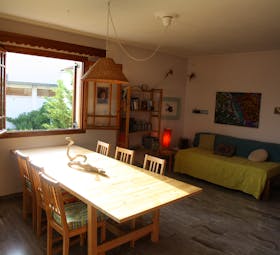
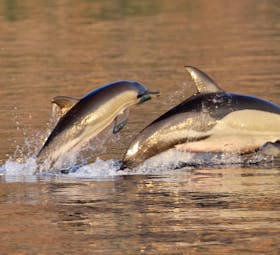
Highlights
- Explore and volunteer in beautiful Greece!
- Volunteer with us and gain a first-hand understanding of the motivations that inspire our work!
- Be involved in the monitoring of the secondary study area located in the Inner Ionian Sea archipelago°
- Work side-by-side with researchers and contribute to field data collection
- Meet like-minded volunteers from all over the world!
Especially suitable
About the program
From June to September, be part of a scientific team focused on the study and conservation of coastal dolphins in the beautiful waters of western Greece.
By sharing every experience with us, and ultimately living a researcher’s life, you will gain a first-hand understanding of the motivations that inspire our work, appreciate its significance for dolphin conservation and learn about the importance of protecting the marine ecosystem and its ...
Typical day
Volunteers will conduct daily surveys onboard the research boat, working side-by-side with the researchers and contributing to field data collection. You will actively engage in visual surveys, looking for dolphins, sea turtles, birds and other fauna during navigation. As soon as dolphins are ...
Free-time activities
Volunteers will have plenty of free time. The work at sea is concentrated mostly during the morning hours. Once back from the sea, we will all have lunch at the field base. Then, all team members will have about 2 hours of free time before starting to work with the data collected at sea during our ...
Requirements
What's Included
What's NOT included?
Details on arrival
Program fees
Meet your organization
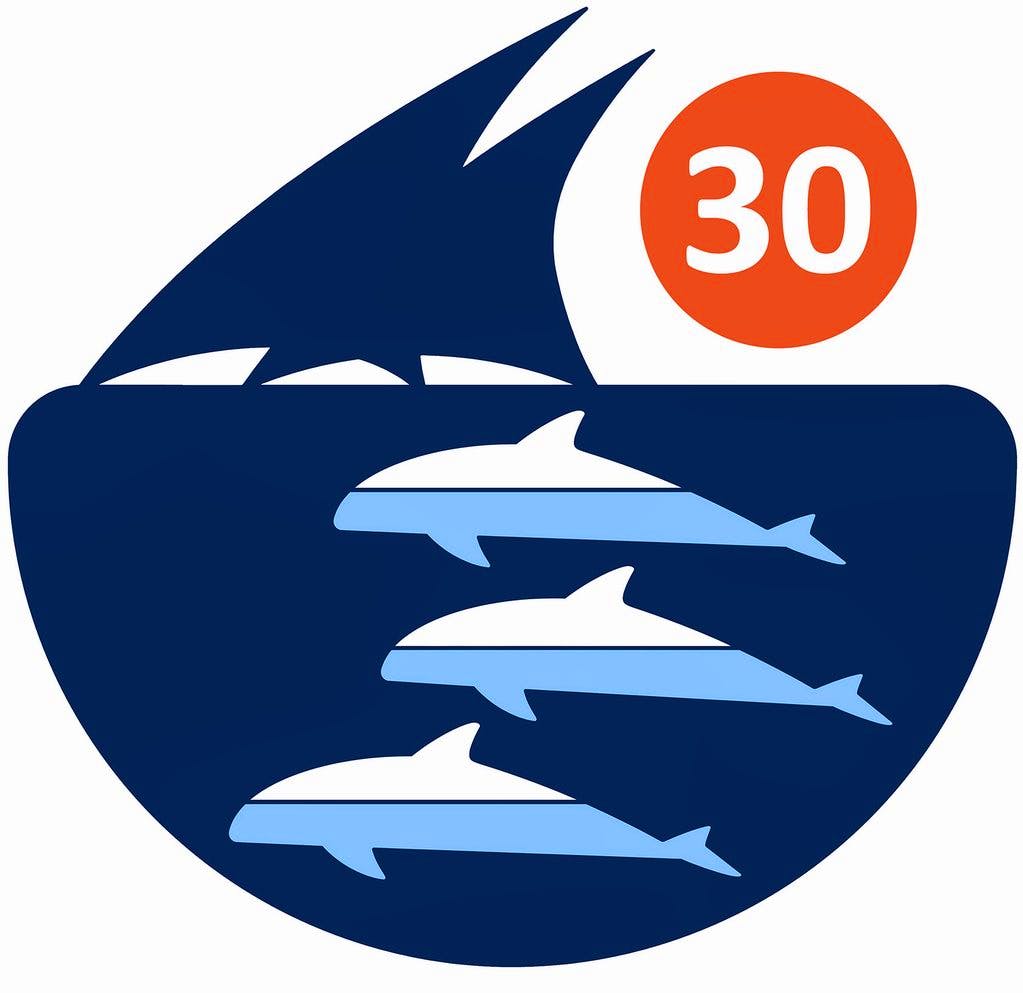
Tethys Research Institute
Non-profit - founded in 1991
Verified by Volunteer World
Coordinated by
Adriana
About the project
8 reviews ·  4.7
4.7
Location

You might also be interested in
-
Dolphin Conservation
Volunteer Trips for College Students
Family Volunteering
Group Volunteering
Couples
Projects Abroad
Animals in Europe
Whale and Dolphin
Marine Life in Greece
Global Volunteer Opportunities
Mission Trips
Best Volunteer Programs
Adults
Marine Big 5
Voluntouring
